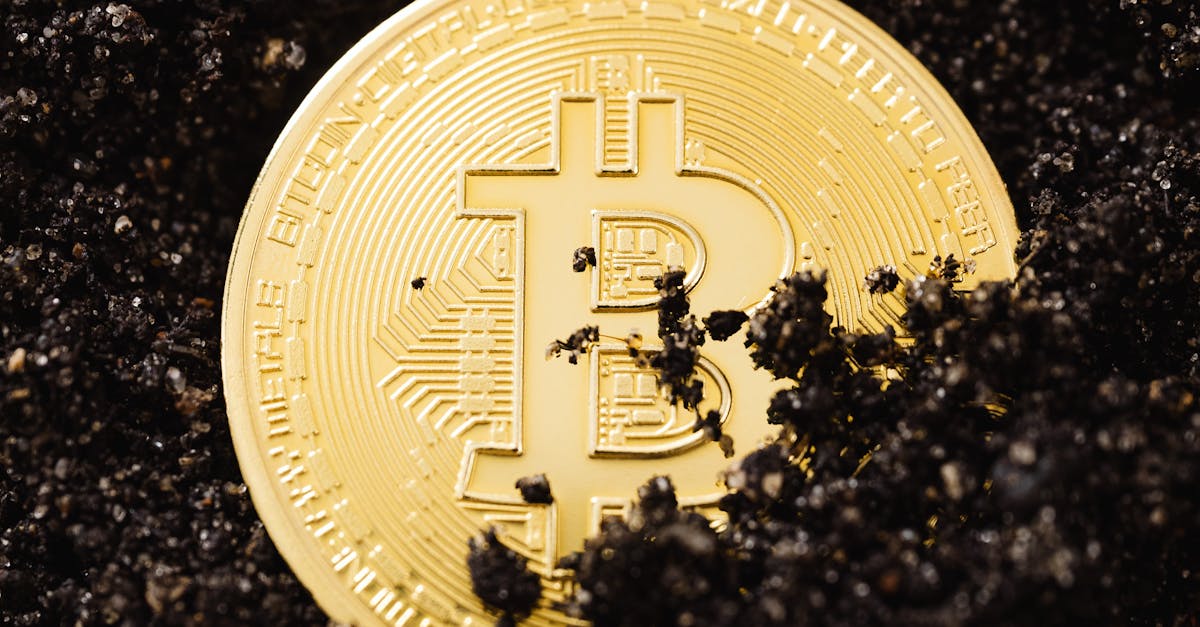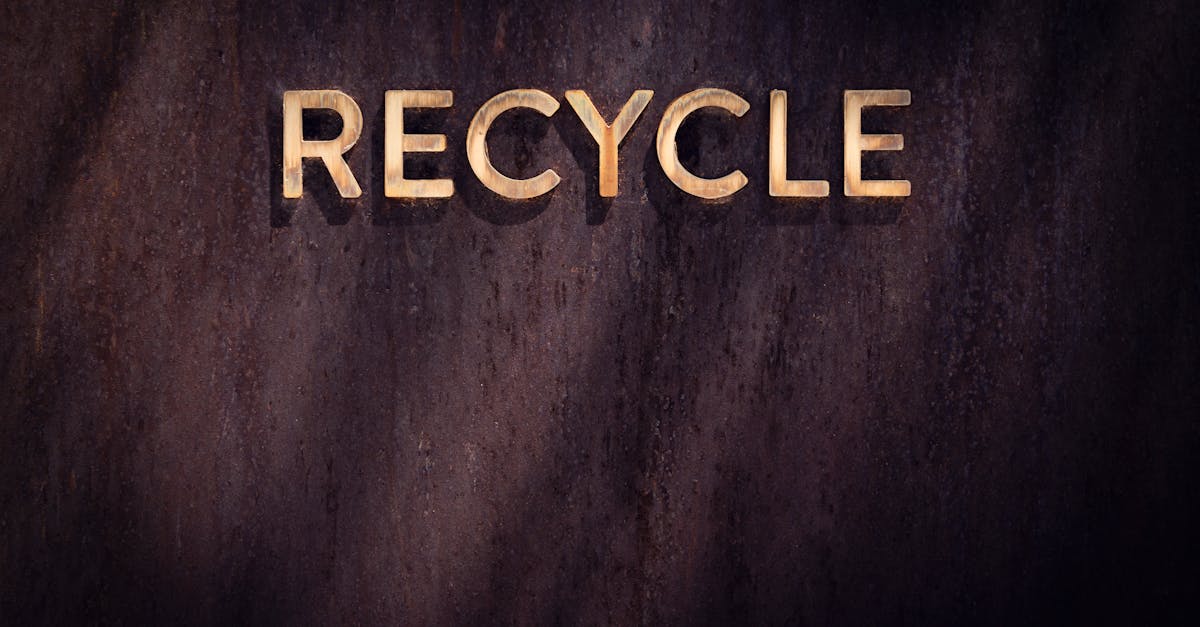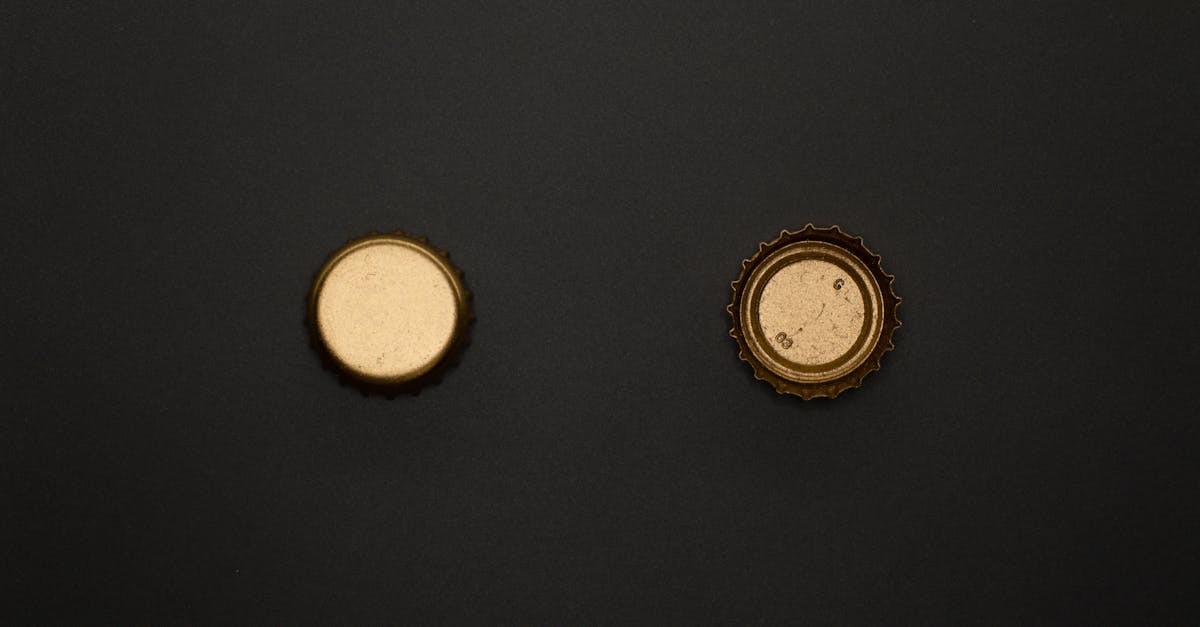From Mines to Markets: The Circular Journey of Gold

Gold Recycling: Transforming an Industry, Preserving Our Planet
In a world where sustainability and environmental consciousness are at the forefront, gold recycling has emerged as a beacon of hope in the gold industry. This virtuous cycle not only reduces the environmental impact of gold mining but also unlocks significant economic benefits and supports a more sustainable future for our planet. From the repurposing of old jewelry to the extraction of gold from electronic waste, recycling initiatives are transforming the gold industry and paving the way for a brighter, more sustainable future.
Unveiling the Hidden Treasures of Gold Recycling
At first glance, gold might seem like a timeless, inert element, but behind its gleaming facade lies a story of environmental degradation. The extraction of gold from the earth’s crust often leaves behind a trail of destruction, from habitat loss and deforestation to water pollution and toxic waste. By embracing gold recycling, we can significantly reduce the industry’s environmental footprint and preserve our planet’s precious resources for future generations.
Key Insights
- Gold mining has a significant environmental impact, including habitat destruction and water pollution.
- Gold recycling reduces the environmental impact of gold mining and conserves natural resources.
- Gold recycling creates jobs in the recycling industry.
- Governments, businesses, and individuals can all play a role in promoting gold recycling.
- The future of gold recycling is bright, as more and more people recognize the importance of recycling gold.
1. Mining’s Environmental Impact: A Hefty Burden
The pursuit of gold, a metal that has captivated humanity for centuries, often comes at a steep environmental cost. Gold mining, whether artisanal or industrial-scale, can inflict a heavy toll on our planet, leaving behind a legacy of environmental degradation that can persist for generations to come.
One of the most significant impacts of gold mining is habitat destruction. The removal of topsoil, vegetation, and water sources to access gold deposits can disrupt ecosystems, leading to the loss of biodiversity and the displacement of wildlife. Deforestation, a common practice in gold mining, contributes to climate change and erodes the soil, making it less fertile for agriculture.
In addition to habitat destruction, gold mining can also contaminate water sources with toxic chemicals. Cyanide, mercury, and arsenic are commonly used in gold extraction processes, and their improper disposal can poison rivers, lakes, and groundwater. These contaminants can have devastating effects on aquatic life and human health, causing a range of illnesses and developmental problems.
2. The Virtuous Cycle of Gold Recycling

The Virtuous Cycle of Gold Recycling
In contrast to the destructive practices of gold mining, gold recycling offers a virtuous cycle that benefits both the environment and the economy. By recovering gold from old jewelry, electronic waste, and other sources, we can reduce the demand for newly mined gold and minimize the environmental impact associated with its extraction.
The process of gold recycling is relatively straightforward. Collected gold-containing materials are melted down and refined to extract the pure gold. This recycled gold can then be used to create new jewelry, coins, or other products, without the need for further mining.
The benefits of gold recycling are numerous. It conserves natural resources, reduces pollution and greenhouse gas emissions, and creates jobs in the recycling industry. Additionally, gold recycling can help to stabilize the price of gold by increasing the supply of recycled gold in the market.
3. Economic Benefits of Gold Recycling
In addition to its environmental benefits, gold recycling also offers a number of economic advantages. By recovering gold from old jewelry, electronics, and other sources, we can reduce the demand for newly mined gold and stabilize the price of gold in the market. This can benefit both consumers and investors alike.
Recycling gold also creates jobs in the recycling industry. Gold recycling plants provide employment opportunities for workers who collect, process, and refine gold from various sources. These jobs contribute to the local economy and support sustainable practices.
Furthermore, gold recycling can be a profitable business. Recycled gold can be sold to jewelers, refineries, or other businesses that use gold in their products. The price of recycled gold is typically lower than the price of newly mined gold, making it an attractive option for businesses looking to reduce their costs.
4. Government Initiatives Encouraging Recycling

Government Initiatives Encouraging Recycling
Governments around the world are recognizing the importance of gold recycling and are implementing initiatives to promote responsible practices. These initiatives include:
- Tax incentives: Some governments offer tax breaks or credits to businesses and individuals who recycle gold. This can help to offset the cost of recycling and make it more affordable.
- Recycling programs: Many governments have established recycling programs that make it easy for people to recycle their old gold jewelry and other gold-containing items. These programs may include drop-off locations at community centers, schools, or other public places.
- Public awareness campaigns: Governments are also launching public awareness campaigns to educate people about the benefits of gold recycling. These campaigns may include advertising, social media outreach, and educational materials.
5. Innovative Technologies in Gold Recycling
The gold recycling industry is constantly evolving, with new technologies emerging to boost efficiency and minimize environmental impact. These technologies include:
- Hydrometallurgy: Hydrometallurgy is a process that uses water-based solutions to dissolve and extract gold from ores and recycled materials. This process is more environmentally friendly than traditional methods that use toxic chemicals, such as cyanide.
- Bioleaching: Bioleaching is a process that uses bacteria to dissolve and extract gold from ores and recycled materials. This process is even more environmentally friendly than hydrometallurgy, as it does not require the use of chemicals.
- Nano-technology: Nano-technology is being used to develop new materials and processes for gold recycling. These materials and processes can improve the efficiency of gold recovery and reduce the environmental impact of recycling.
6. Challenges and Future of Gold Recycling
Challenges and Future of Gold Recycling
Despite the progress that has been made in gold recycling, there are still a number of challenges that need to be addressed. These challenges include:
- Low awareness: Many people are not aware of the benefits of gold recycling and how to recycle their gold. This can be a barrier to increasing the recycling rate.
- Lack of infrastructure: In some areas, there is a lack of infrastructure for gold recycling. This can make it difficult for people to recycle their gold, especially in rural or remote areas.
- Counterfeit gold: Counterfeit gold can be a problem in the recycling industry. This can make it difficult to determine the purity of gold and can reduce the value of recycled gold.
7. Conclusion: A Sustainable Future with Gold Recycling
Conclusion: A Sustainable Future with Gold Recycling
Gold recycling has the potential to transform the gold industry and create a more sustainable future for our planet. By embracing responsible recycling practices, we can reduce the environmental impact of gold mining, conserve natural resources, and create jobs in the recycling industry.
Governments, businesses, and individuals all have a role to play in promoting gold recycling. Governments can implement policies that encourage recycling, such as tax incentives and recycling programs. Businesses can use recycled gold in their products and support recycling initiatives. Individuals can recycle their old gold jewelry and other gold-containing items.
Together, we can create a future where gold’s beauty shines brighter, thanks to responsible recycling practices.
Why is gold recycling important?
Gold recycling is important because it reduces the environmental impact of gold mining, conserves natural resources, and creates jobs in the recycling industry.
How can I recycle gold?
You can recycle gold by selling your old gold jewelry and other gold-containing items to a jeweler or a recycling company.
What are the benefits of gold recycling?
The benefits of gold recycling include reducing the environmental impact of gold mining, conserving natural resources, creating jobs in the recycling industry, and stabilizing the price of gold.
What are the challenges to gold recycling?
The challenges to gold recycling include low awareness, lack of infrastructure, and counterfeit gold.
What is the future of gold recycling?
The future of gold recycling is bright, as governments, businesses, and individuals are increasingly recognizing the importance of recycling gold.
Key Insights
| Key Insight | Description | |—|—| | Gold mining has a significant environmental impact. | Gold mining can cause habitat destruction, water pollution, and air pollution. | | Gold recycling reduces the environmental impact of gold mining. | Gold recycling conserves natural resources and reduces the need for new mining. | | Gold recycling creates jobs. | The gold recycling industry provides jobs for people who collect, process, and refine gold. | | Governments, businesses, and individuals can all play a role in promoting gold recycling. | Governments can implement policies that encourage recycling, businesses can use recycled gold in their products, and individuals can recycle their old gold jewelry and other gold-containing items. | | The future of gold recycling is bright. | As more and more people recognize the importance of recycling gold, the gold recycling industry is expected to grow in the future. |

0 responses to “Recycling and Reuse Initiatives in the Gold Industry”